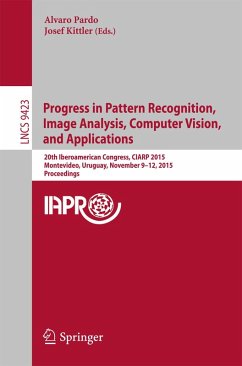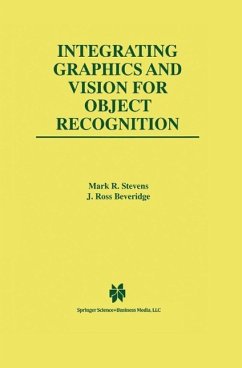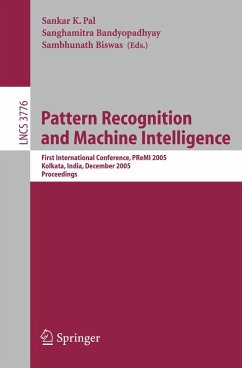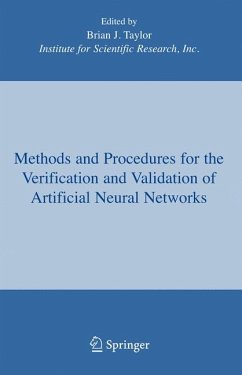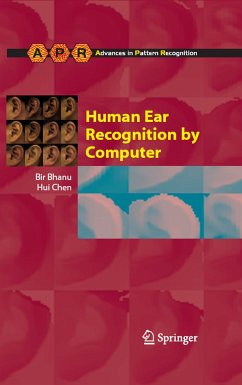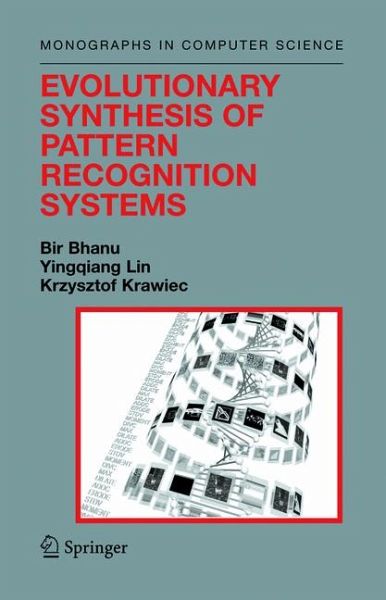
Evolutionary Synthesis of Pattern Recognition Systems (eBook, PDF)
Versandkostenfrei!
Sofort per Download lieferbar
112,95 €
inkl. MwSt.
Weitere Ausgaben:

PAYBACK Punkte
56 °P sammeln!
Evolutionary computation is becoming increasingly important for computer vision and pattern recognition. It provides a systematic way of synthesizing and analyzing object detection and pattern recognition systems. Incorporating "learning" into recognition systems will enable these systems to automatically generate new features on the fly (evolve) and cleverly select a good subset of features according to the type of objects and images to which they are applied. This book investigates evolutionary computational techniques---such as genetic programming, linear genetic programming, coevolutionary...
Evolutionary computation is becoming increasingly important for computer vision and pattern recognition. It provides a systematic way of synthesizing and analyzing object detection and pattern recognition systems. Incorporating "learning" into recognition systems will enable these systems to automatically generate new features on the fly (evolve) and cleverly select a good subset of features according to the type of objects and images to which they are applied. This book investigates evolutionary computational techniques---such as genetic programming, linear genetic programming, coevolutionary genetic programming and genetic algorithms---to automate the synthesis and analysis of object detection and recognition systems.
Dieser Download kann aus rechtlichen Gründen nur mit Rechnungsadresse in A, B, BG, CY, CZ, D, DK, EW, E, FIN, F, GR, HR, H, IRL, I, LT, L, LR, M, NL, PL, P, R, S, SLO, SK ausgeliefert werden.





